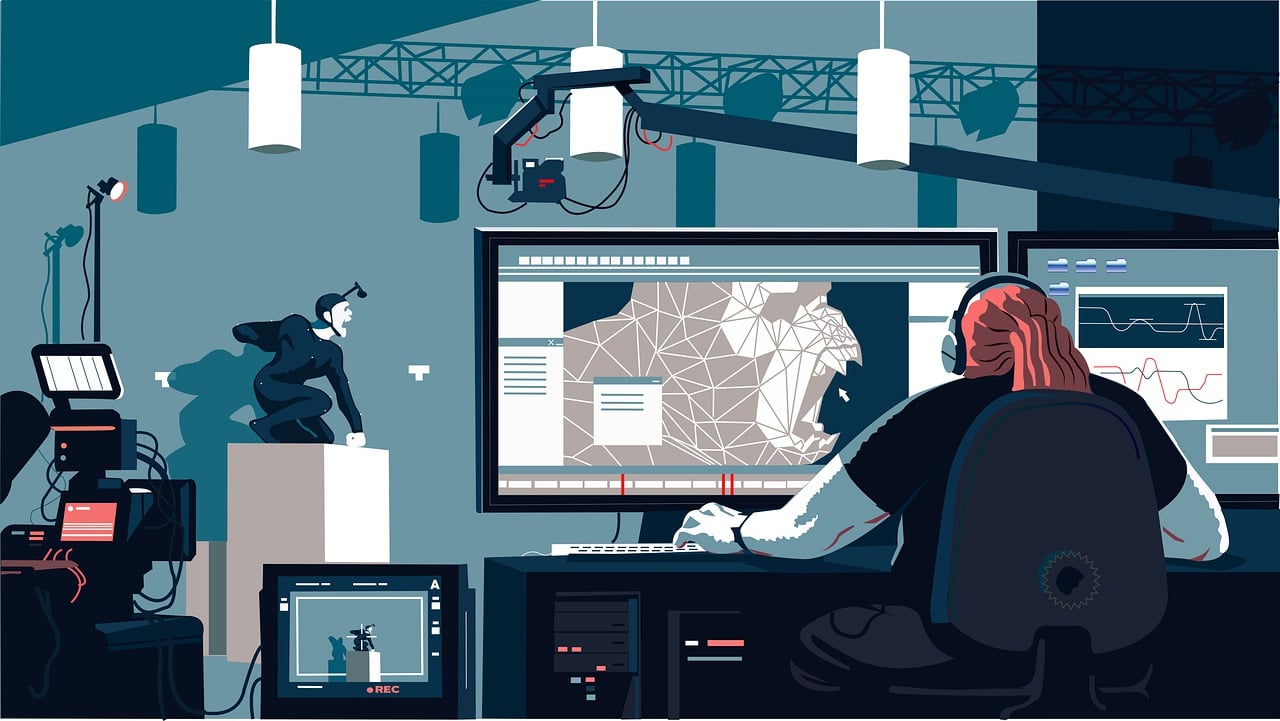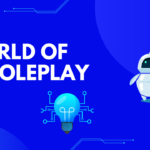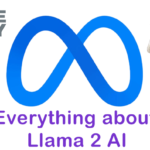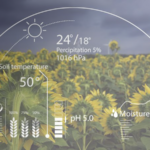The movie industry is undergoing a transformative phase with AI. Artificial Intelligence has started to play a key role in the Hollywood movie industry. And because of the AI impact, the writers have started a strike. Currently, there are more than 11,000 film and television writers on strike. And they are concerned that their contracts will not be amplified because of the influence of AI. As the strike begins to grow, directors and actors are expressing their concern about the impact of AI.
Justine Bateman, a member of various industry guilds, openly voices her concerns: “I hope I’m wrong, but I do think that the use of AI is going to take over the entertainment industry, and I think it’s going to be really bad.” The prospect of AI technology infiltrating the industry raises questions about the future of content creation and the role of human creativity.
“I hope I’m wrong, but I do think that the use of AI is going to take over the entertainment industry…….
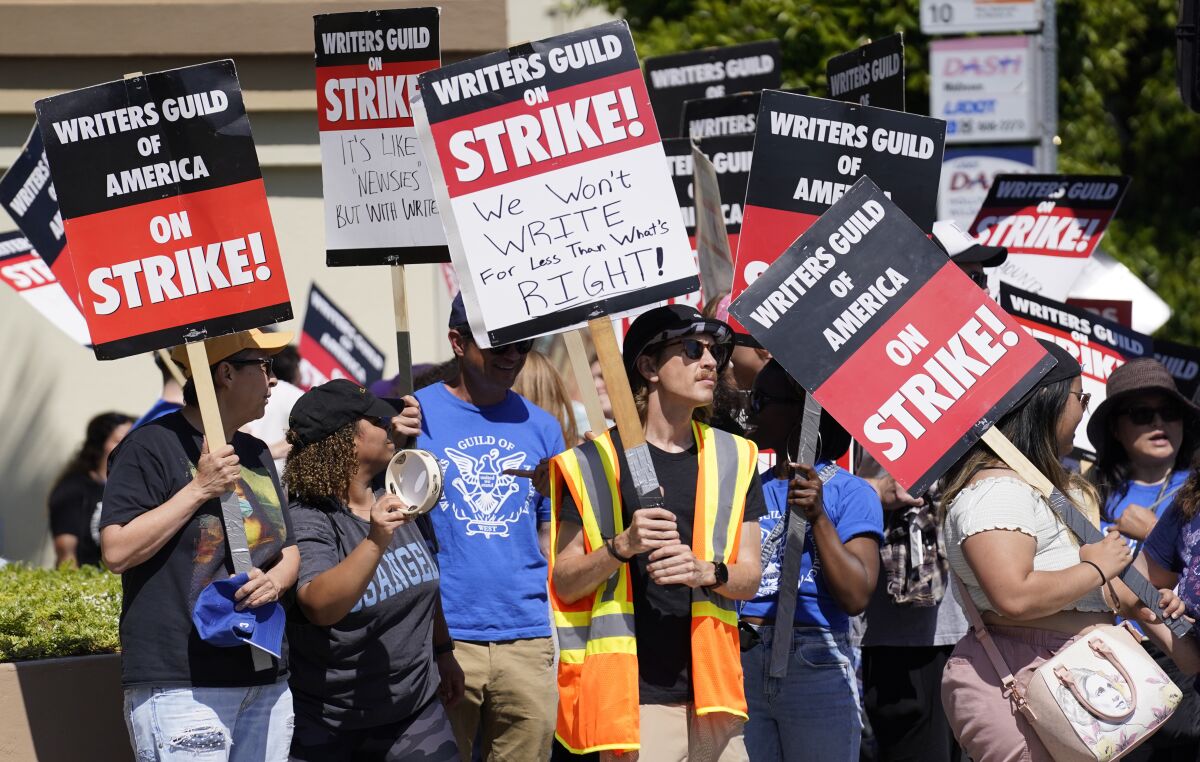
AI Impact on Movie Industry
Advocates of AI, however, see a different narrative. They view AI as a tool that has the potential to empower content creators and remove barriers to entry. The implementation of generative AI, for instance, could revolutionize the way stories are brought to life on the screen. Caleb Ward, an AI filmmaker, imagines a future where consumers can simply input a prompt and witness the creation of content.
In this blog post, we will look into the potential implications of AI on the movie industry. Also, examining the opportunities it presents. We will explore how AI is helping the creative process of a movie or TV Show. Also, how we can use AI technology to benefit of movie makers.
Script Analysis and Content Generation
AI-powered tools are enabling filmmakers to analyze scripts more efficiently and generate engaging content. Natural Language Processing (NLP) algorithms can quickly analyze large volumes of text, helping writers to gain insights into character development. So, it will make writing the plots and dialogues easier. Also, they can use the same AI to generate the dialogs. And NLP AI models also can generate new movie or TV series ideas easily using their huge knowledge of past content. This simplifies the creative process, sparks new ideas, and provides valuable guidance to filmmakers during script development.
Visual Effects and Animation
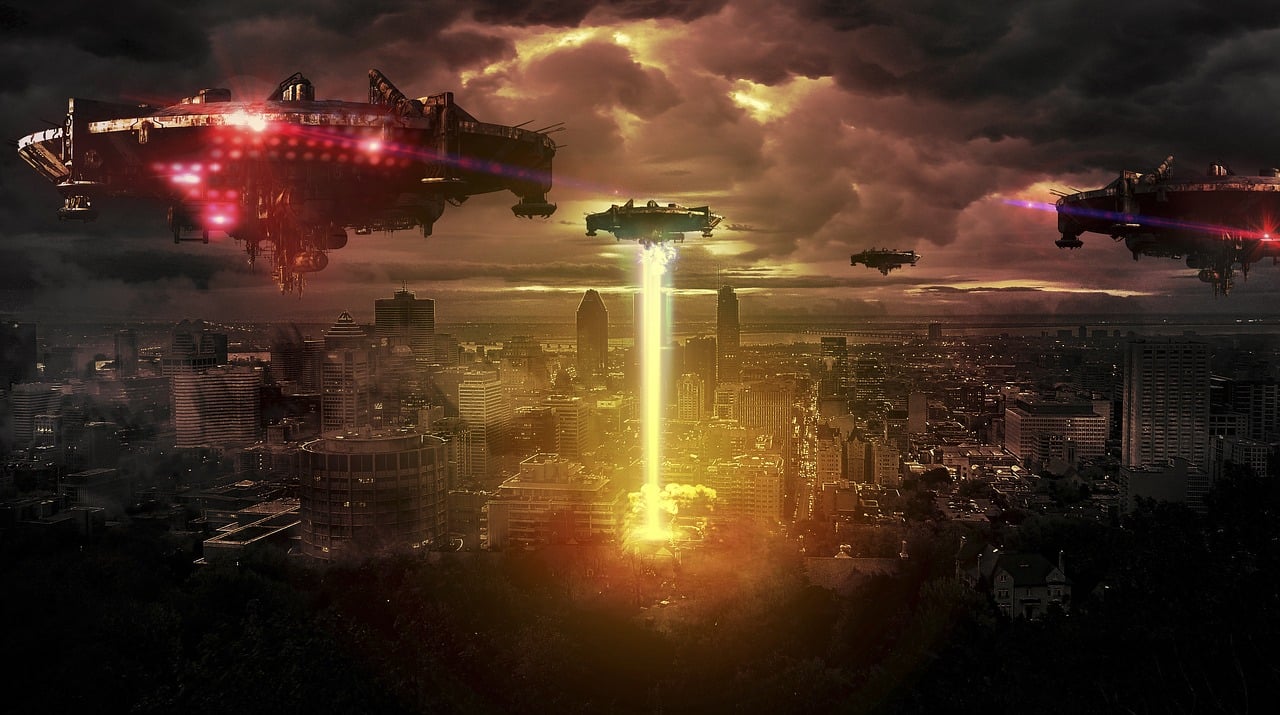
AI has revolutionized the field of visual effects and animation, making it more realistic, efficient, and cost-effective. AI algorithms can generate realistic computer-generated imagery (CGI) and easily blend it with live-action footage. Also, we currently have many AI-powered video editors and content generators. You don’t need technical knowledge to use those.
Additionally, AI-powered tools enable artists to automate repetitive tasks, such as rotoscoping or motion tracking, speeding up the production process. The integration of AI in visual effects and animation has pushed the boundaries of creativity. And this allows moviemakers to create amazing visuals.
Casting and Audience Analysis
AI technology plays a vital role in casting decisions and understanding the target audience. Machine learning algorithms can analyze vast amounts of data, such as previous box office performance, audience demographics, and online engagement. And they can use that to identify patterns and combinations for successful casting choices. By leveraging AI algorithms, casting directors can make more informed decisions, increasing the likelihood of assembling a well-suited and commercially viable cast.
AI impact on Post-production and Editing
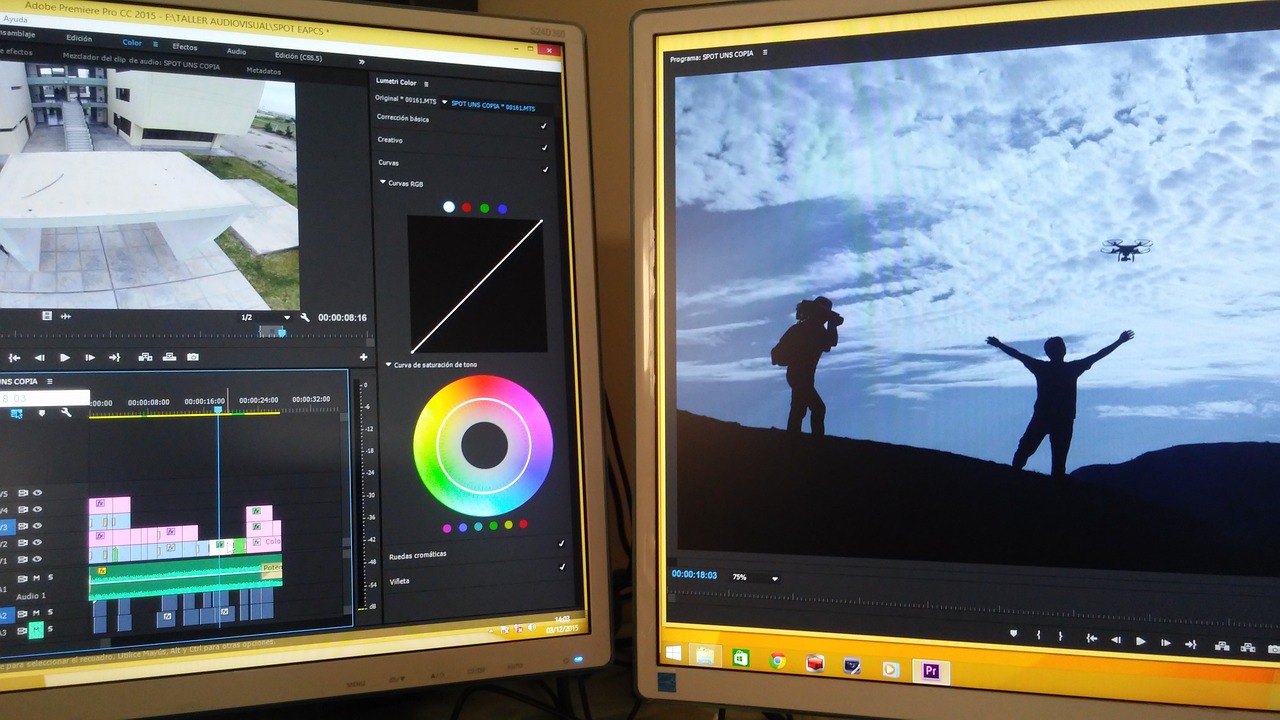
AI is transforming the post-production phase by automating tedious and time-consuming tasks. AI-powered algorithms can analyze hours of footage, identify the best takes, and suggest editing cuts, significantly reducing the time and effort required in the editing process.
Additionally, AI tools can enhance color grading, noise reduction, and image stabilization, ensuring high-quality visuals. With AI’s assistance, filmmakers can streamline the post-production workflow and focus more on creative storytelling.
Personalized Marketing and Recommendation Systems
AI-powered personalized marketing and recommendation systems are reshaping how movies are promoted and recommended to audiences. By analyzing user data, AI algorithms can deliver targeted advertisements and recommendations based on individual preferences and viewing habits. This enables studios to tailor their marketing campaigns to specific demographics, maximizing the reach and impact of their films. Furthermore, AI-powered recommendation systems on streaming platforms help users discover movies that align with their interests, enhancing the overall viewing experience.
In conclusion, the impact of AI on the movie industry is undeniable. From script analysis and content generation to casting decisions, visual effects, post-production, and personalized marketing, AI technologies are driving innovation and efficiency throughout the filmmaking process. As AI continues to evolve and improve, it will undoubtedly shape the future of cinema. But the downside of it is the it may put few people out of the job.
